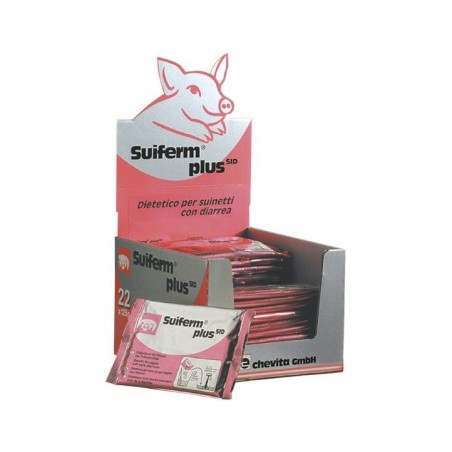Classical swine fever (CSF) is a highly contagious, devastating, and transboundary viral disease that afflicts swine industries worldwide. Immunization with vaccines is one of the most effective strategies for controlling this disease. However, shifts in the antigenicity and pathogenicity of novel evolving viral strains have the potential to evade vaccination. In this study, 352 samples from swines exhibiting fever, hemorrhages, lethargy, and diarrhea in different pig farms located in 9 provinces of Vietnam were collected.
CSFV was identified even within farms that had been vaccinated against CSFV. Several farms had swine which had been co-infection with CSFV and other pathogens. Copies of the E2 gene of 21 samples were isolated, cloned, sequenced, analyzed, and compared with copies of E2 in four vaccine strains. We identified a total of 42 amino acid substitutions in this glycoprotein, including 11 positions that affect the antigenic properties of E2 and 7 positions that are associated with neutralizing epitopes. The E2 glycoprotein of CSFV strains circulating in Vietnam and vaccine strains differ in their antigenicity.

These findings provide deep insights into the molecular characteristics, genetic diversity, pathogenicity, antigenicity, and evolution of CSFV strains in Vietnam. Understanding the pathogenicity, antigenicity, and evolution of circulating CSFV strains will provide avenues for developing new vaccines and efficient approaches to control this disease.
Nguyen NH, Nguyen PBT, Nguyen TQ, Do DT, Nguyen MDT, Nguyen MN. Genotypic diversity of CSFV field strains: A silent risk reduces vaccination efficacy of CSFV vaccines in Vietnam. Virology. 2022; 571: 39-45. https://doi.org/10.1016/j.virol.2022.04.002.






